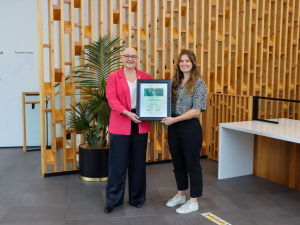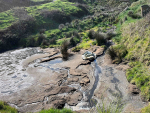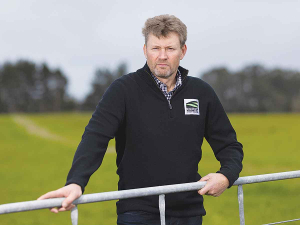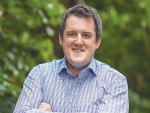Third-year student Cady Burns has won the Waikato Regional Council Prize in Water Science for 2024.
Council chair Pamela Storey presented the prize to Burns at a full council meeting in Hamilton last week.
The award recognizes a University of Waikato student who shows outstanding ability in the water science papers taught in the university’s Faculty of Science and Engineering.
Storey says regional councillors hear community concerns about water quality frequently and share their aspirations for the Waikato region’s water quality.
“Water is one of our six strategic priorities,” she says. “We recognize that clean, healthy water is critical for the environment, our freshwater ecosystems and for community health and wellbeing.”
“For us, part of that recognition is encouraging the next generation of water scientists to come forward,” she adds.
Burns enrolled at the University of Waikato in 2022 to study freshwater ecosystems, looking at both quantity and quality.
She completes her undergraduate study this July and has set her sights on a master’s degree investigating climate impacts around lake systems.
Her research will focus closely on lakes that have affected communities during previous flood events, especially around hydrology and water quality.
She will apply modelling and projection methods to understand the lakes’ dynamics and aims to shed light on future impacts of the changing climate.
Burns has combined her study with work at The Wastewater Specialists.
Last year, she presented her research findings on the toxicity of different portaloo products at the Water New Zealand Conference. Her study evaluated the impact these types of products used in New Zealand have on the biological systems in wastewater treatment plants.
Cr Storey says Waikato Regional Council encourages more students to take up the challenge of studying water and other environmental science.
“I wish it wasn’t such a well-kept secret, but this organisation has a phenomenal team of environmental scientists who are critical for the work we do. We need more in the future.”











